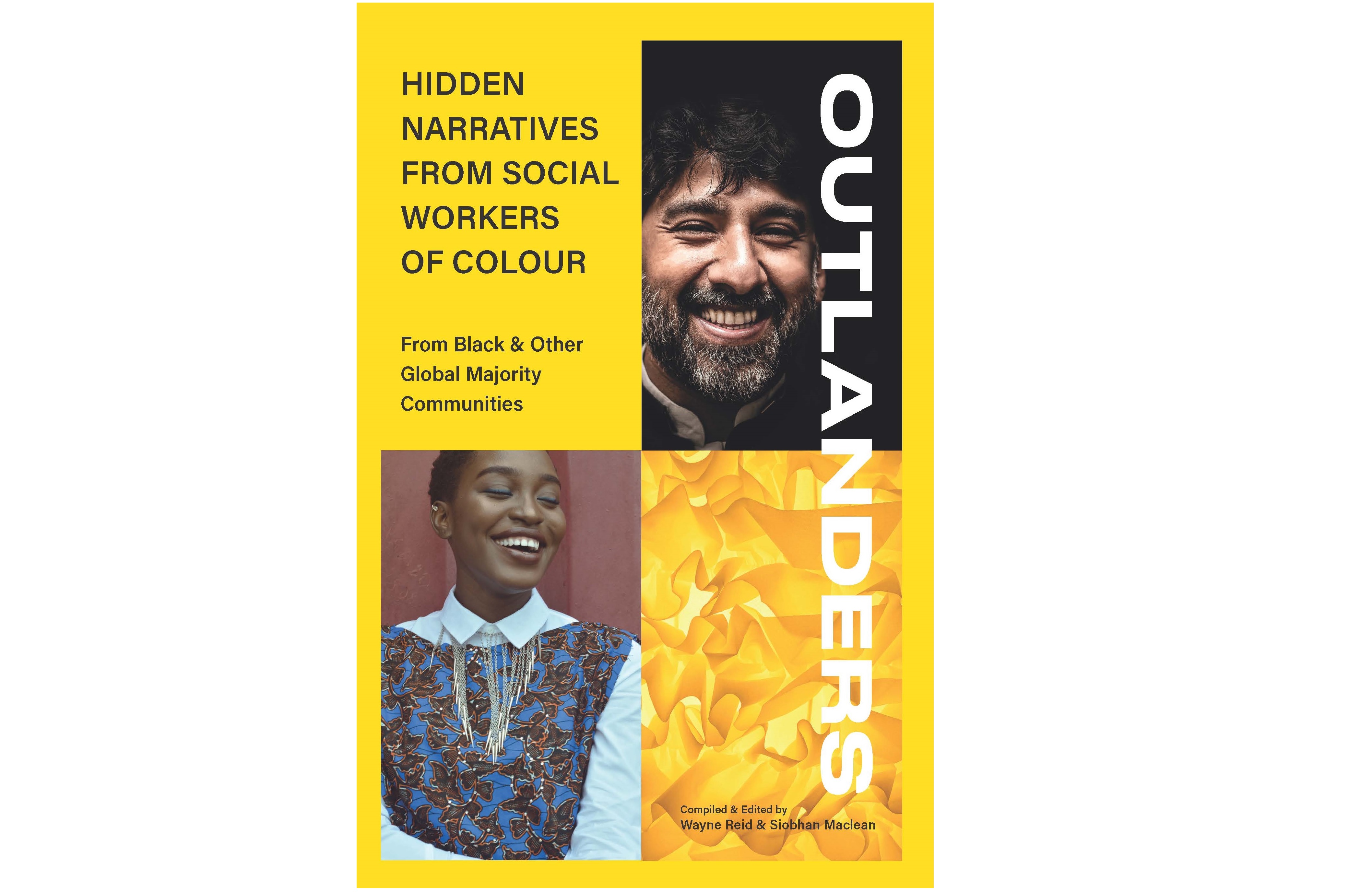
Outlanders - Hidden Narratives From Social Workers Of Colour
KMA0444£13.00 plus post and packaging
In this landmark publication, social workers from Black and other Global Majority Communities showcase a rich and diverse collection of their essays, poems, stories and reflections, providing unique and spellbinding insights.
OUTLANDERS: Hidden narratives from social workers of colour (from Black & other Global Majority Communities) captures the silenced and suppressed voices of social work students, practitioners, managers and academics. It combines a unique blend of personal and professional experiences with a sprinkle of cathartic and therapeutic creativity into a boiling cauldron of many moods. The result? Pure edutainment.
This bold and unapologetic anthology explores a range of perennial issues, including anti-racist activism; oppressive workplace environments; racial trauma and COVID-19. The authentic and cultured spirits that permeate these pages convey an ancestral force that will reverberate inside and outside of social work.
“An eclectic and eye-opening view on social work and the many issues experienced – and dealt with – by social workers from global majority backgrounds.” (Sam Walby, Now Then Magazine)
“It’s so vitally important that the voices of Black social workers are heard. While navigating the very real violence of racism, they manage to do an incredibly challenging job. This anthology has given me a newfound respect for those in this industry - and it should be read and studied widely.” (Izin Akhabau, The Voice)
ISBN - 978-1912130566 Perfect Bind
ISBN - 978-1912130559 The E Book Version
Edited by Wayne Reid and Siobhan Maclean
353 pages
